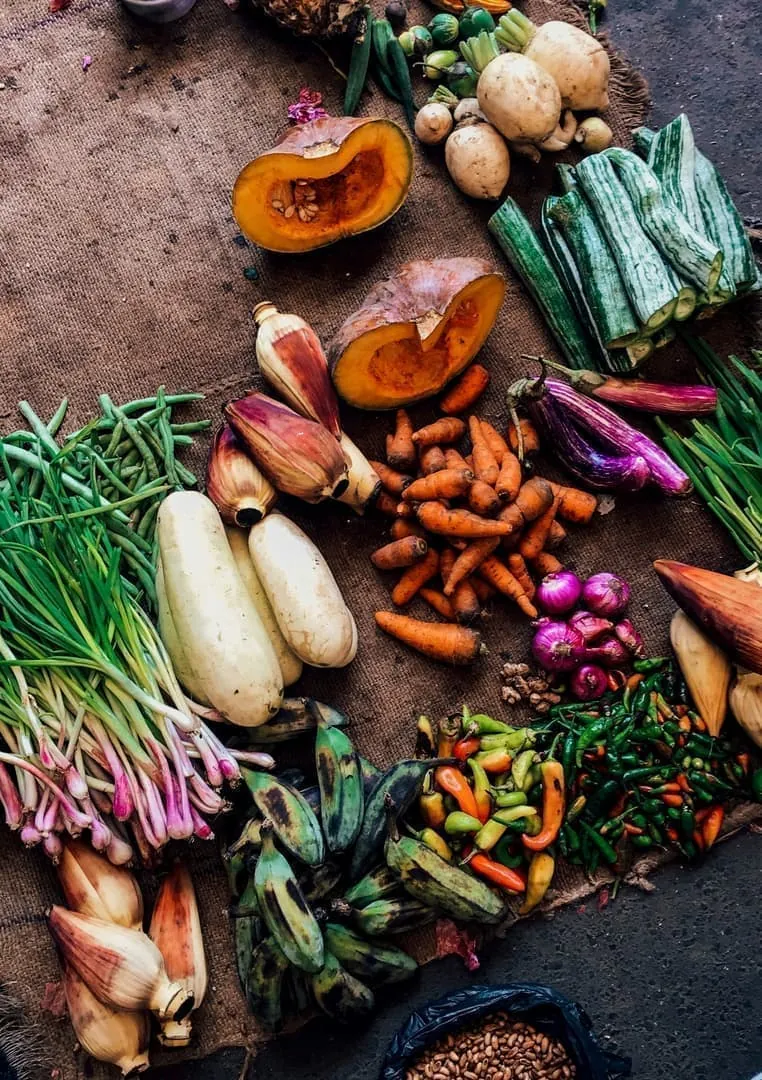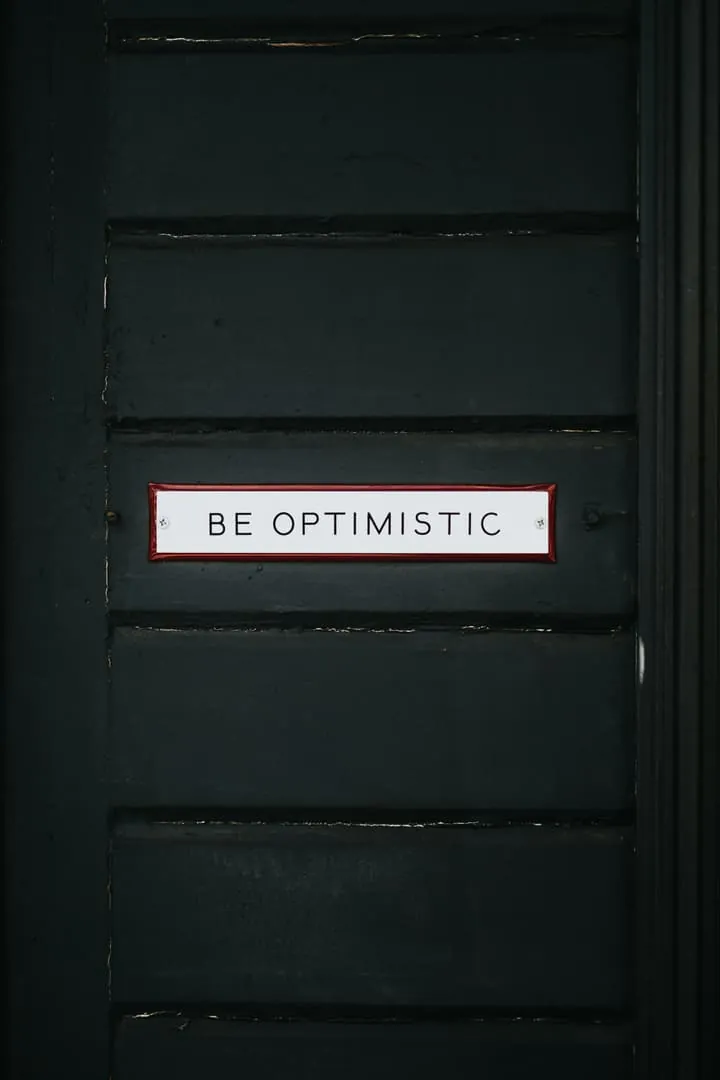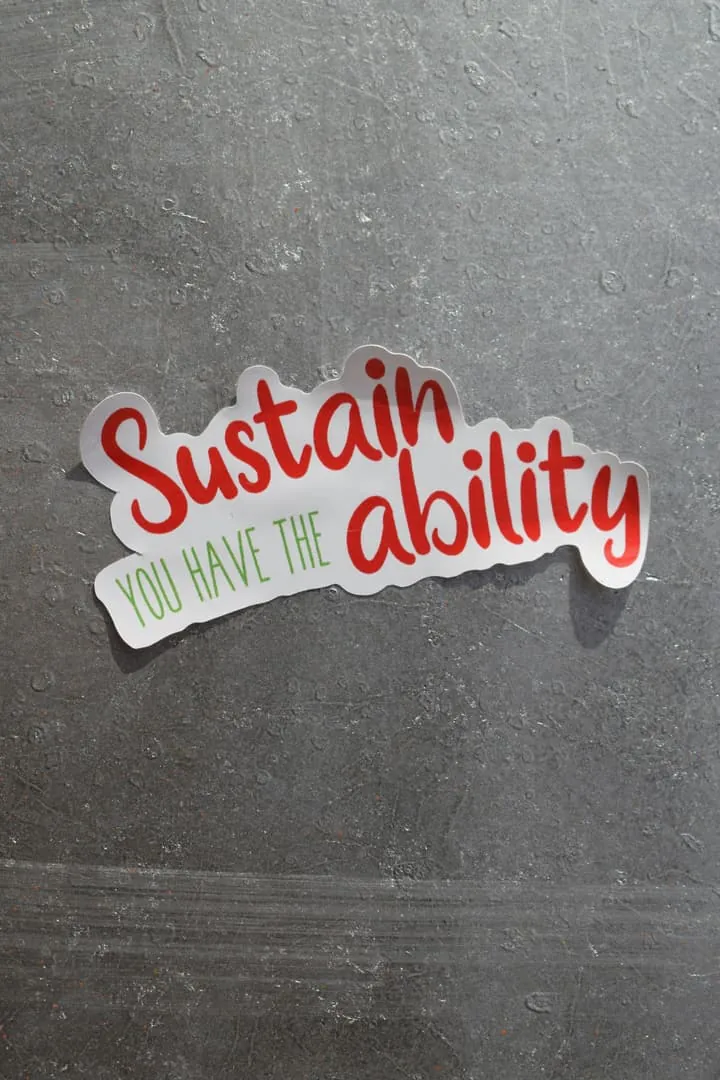
Seasonal Organic Baskets: Saving Money, Eating Better, and Doing Good
With rising food prices and a renewed focus on health, local organic baskets are making a comeback. Weekly boxes from nearby farms deliver fresh, seasonal produce straight to your kitchen — less packaging, less transport, often at a lower cost than supermarkets. But are they truly worth it? And how do you find the right one?
What's in a seasonal basket?
Autumn: Pumpkins, leeks, apples, walnuts (€15–25/week, 5–7 days shelf life) Winter: Cabbage, carrots, potatoes (€12–20/week, 10 days) Spring: Asparagus, radishes, strawberries (€18–28/week, 3–5 days) Summer: Tomatoes, courgettes, peaches (€20–30/week, 3–4 days) Contents vary by region — Brittany baskets include artichokes, while southern France features tomatoes and melons. Multi-week subscriptions usually offer lower prices. For more seasonal cooking inspiration, try our autumn soup recipes or budget-friendly autumn meals.
Why it's good for the planet
Buying locally reduces transport emissions by up to 80%. Reusable crates and paper wrapping mean almost zero plastic. Local networks also support small farms struggling against industrial agriculture. Every basket helps keep traditional farming alive in your region.
Is it really cheaper?
Carrots (1 kg): Supermarket €2.40 vs. Organic basket €2.10 (-12%) Apples (1 kg): Supermarket €3.20 vs. Organic basket €2.70 (-16%) Spinach (500 g): Supermarket €2.90 vs. Organic basket €2.80 (-3%) Tomatoes (1 kg): Supermarket €4.80 vs. Organic basket €3.60 (-25%) Most baskets cost less than buying organic in supermarkets, mainly because of direct distribution. The savings add up fast when you buy weekly.
How to use everything (zero waste tips)
Make soups from leftover vegetables, use apple peels for infusions, turn wilted greens into pesto, and freeze chopped herbs for winter. Even carrot tops make delicious green velouté soup. Check our zero waste kitchen starter guide and cutting food waste tips for more creative ideas.
How to choose your network
AMAP (France): National coverage, weekly subscription model La Ruche qui dit Oui !: 9 EU countries, flexible pickup points Ecovia Market: Germany / Austria, home delivery via app Start with a trial month before committing to a longer subscription. Most networks let you pause deliveries during holidays.
People also ask
How long can vegetables from a basket last? Usually 5–7 days if stored correctly in the fridge or cool place. Is it cheaper to buy organic locally? Yes, for most produce — direct distribution cuts out middlemen. What if I don't like certain vegetables? Some networks offer swaps or customizable boxes. Check their flexibility before subscribing.
Conclusion: Organic baskets aren't just a food trend — they reconnect us to seasonality, reduce waste, and support fairer farming. Try one for a month; you'll likely stay for the flavor and the community.
About the author:
Alexandre Dubois is a European sustainability enthusiast who shares practical, tested tips for everyday life. From saving on household energy to reducing waste, he focuses on simple changes that deliver real impact. He writes from personal experience, testing solutions in his own home before recommending them. Contact: info@greendailyfix.com
Related posts

Most People Aren’t Failing at Sustainable Living — They’re Just Optimising the Wrong Things
If sustainable living feels harder than it should, there’s a reason — and it has nothing to do with laziness or lack of care. In 2026, many people aren’t doing too little for the planet. They’re simply spending their energy on choices that barely move the needle.

If You Want to Live More Sustainably in 2026, Stop Doing More — Start Choosing What to Ignore
After years of advice telling us to optimise everything, many people reach the same conclusion: sustainable living feels like constant self-surveillance. In 2026, the most effective green shift is not about adding new rules, but about consciously deciding what no longer deserves your energy.

Why Sustainable Living Feels Exhausting - And How to Build a Green Life You Can Actually Maintain
Many people do not quit sustainable living because they do not care. They quit because it is exhausting. Too many rules. Too many contradictions. Too much pressure to do everything right, all the time. In 2026, this quiet fatigue has a name - and it is one of the biggest obstacles to real environmental progress.

Your Laundry Might Be Polluting More Than Your Car: The Microplastic Problem at Home
Every time you wash your clothes, thousands of microscopic plastic fibres are released into water systems. In 2026, scientists agree: laundry is one of the largest sources of microplastic pollution — and it happens quietly, at home.